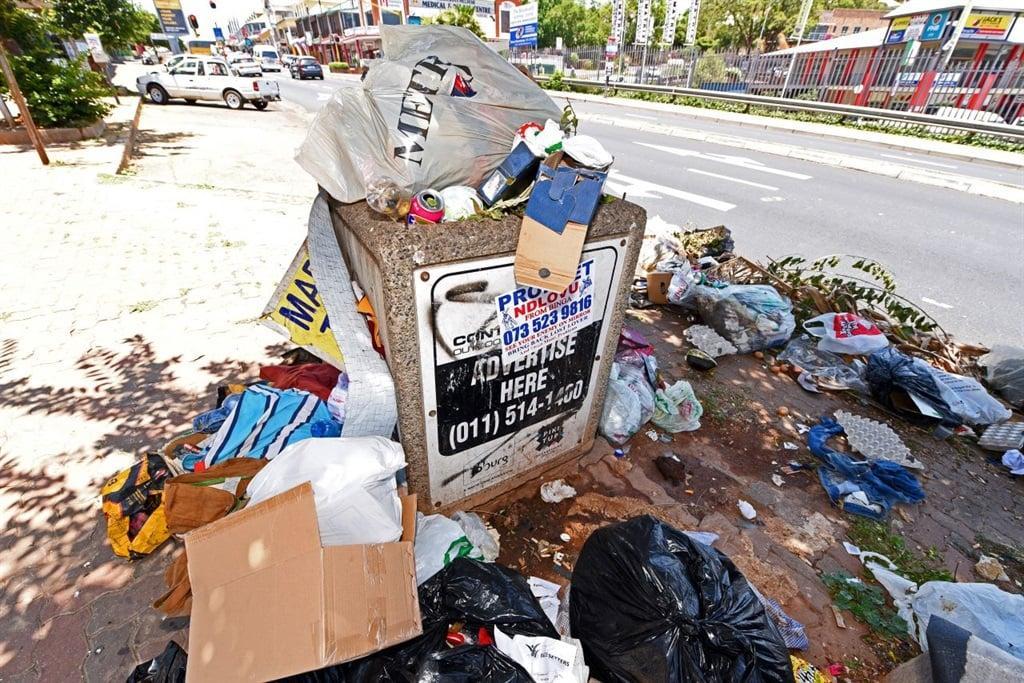Africa-Press – South-Africa. Gauteng residents’ quality of life has worsened due to unstable coalition governments and their disconnect with the communities they serve, often influenced by party politics.
This is the view of various stakeholders who were present at a roundtable discussion led by Fasiha Hassan, chairperson of Cooperative Governance and Traditional Affairs in the Gauteng Provincial Legislature.
Speaking on municipalities’ challenges, Cosatu provincial chairperson Amos Monyela said many in power only work with those they get along with.
He said:
Monyela said many leaders serve their own interests rather than those of communities.
“The issue of corruption; you go to all political parties, with due respect, do you have the interests of your people close at heart or do you have your interests close at heart?
“With the coalitions in our country, you go to Johannesburg, the City of Tshwane, Ekurhuleni … all the coalitions that we are having are not necessarily because of the people. It is because of the few political elites who want to gain more than the people. More than the working class in general.
“As long as there is corruption, these coalition governments are not going to work.”
READ|Lack of transparency, self-interest contributing to instability in coalitions – experts
He called on parties to reflect “as to whether they are interested in the importance of the lives of our people, as some of them purport to be interested in, yet we know that they are not interested in the improvement of the lives of our people; they are only interested in filling their pockets at the expense of the working class and poor.”
Socio-Economic Rights Institute (SERI) researcher Thato Masiangoaka also expressed concern over the rise in divisive politics which have characterised coalition governments.
She said coalitions were “preoccupied with party politics as opposed to issues of common good”.
“People need houses; people need access to land; people need water; people need their refuse collected. These are basic things people need, but often they are dealing with a government that is completely hamstrung.”
Referring to Johannesburg, she said:
The audience of the roundtable discussion in Pretoria, which consisted mainly of young people, agreed that there is a need for the gap between the government and the public to be addressed. An ANC Youth League member touched on this divide saying:
“Democracy is still young. We haven’t really given it a fair chance. It is just over 30 years old.
“We know that the ANC has been the majority ruling party, but we have lost a lot of confidence in terms of our youth and we need to remobilise that. We need to look at avenues of how we can engage with the youth and try to improve their situation.”
The member said that efforts were needed to encourage the youth to participate in elections and to vote for those they deem worthy of leading.
“There is no point in complaining about the government if you do not register to vote because your opinion counts. We are not saying go and vote ANC; we are saying go and vote, choose who you want to be there.”
For More News And Analysis About South-Africa Follow Africa-Press






